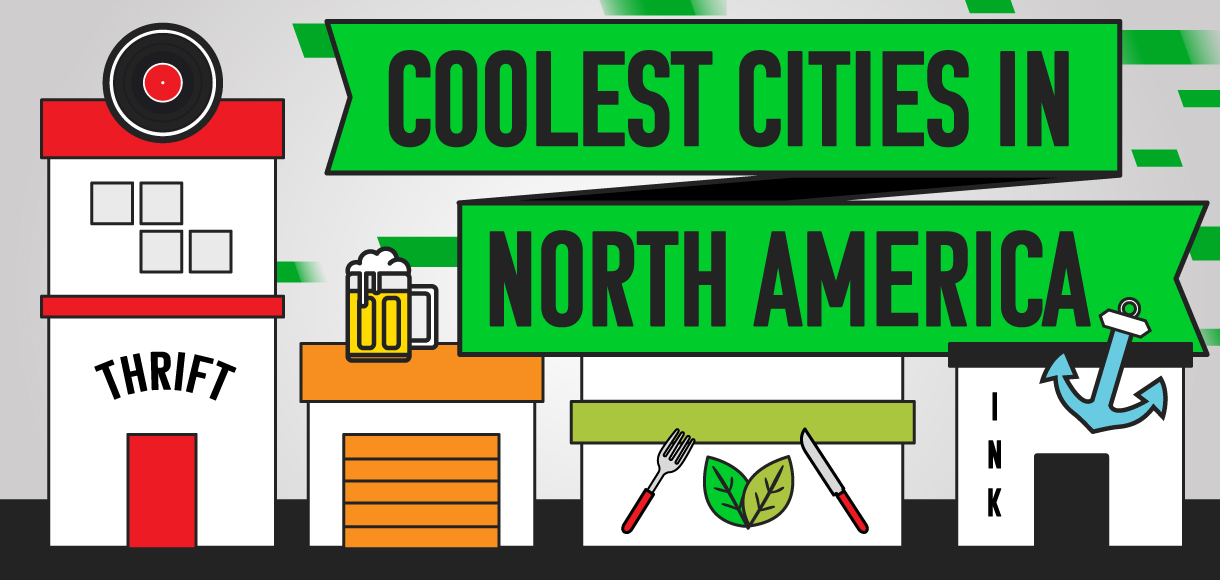Will land-based casinos ever bet on bitcoin?

As cryptocurrencies boom in popularity, we explore the pros and cons of accepting these new types of payments.
If 2017 was defined by one thing, it was bitcoin.
Previously the preserve of a small band of techno-geeks and 'miners', the cryptocurrency has now been adopted by an army of amateur investors, even if the big banks and gambling sites continue to tread carefully.
By the end of the year, the digital currency had ballooned in value as everyone went racing off to find the next new coin to invest in.
But will this lead to a wider acceptance for casinos online?
Bitcoin has been on the radar of online gamblers for a few years, with it generally being accepted by gambling sites catering for unregulated markets with largely anonymous methods like cryptos.
After all, it is free to make transactions - though some online exchanges now charge a small fee - and, for the moment, there is still a financial advantage in investing in small amounts of digital currency.
But could land-based casinos also make the switch away from paper money and card transactions?
Some Vegas casinos have already started dabbling with bitcoin payments for things like food and rooms, while it's even easier when the payer uses a handy mobile phone app.
So, what is stopping jackpots eventually being paid out in digital coins?

1. Which coins should casinos actually accept?
At the moment, digital currencies struggle for supremacy like Apple and Windows or VHS and Betamax. Which one will win out in the end, and will the others vanish into obscurity?
Does a casino go the whole hog and accept all cryptocurrencies, or just the biggest in terms of liquidity?
If bitcoin were to be accepted as a valid digital currency and is overtaken by litecoin or Ethereum, then casinos may have to change their payment methods on a weekly basis.
For example, Ethereum is already being touted as the "smarter" choice for cryptocurrency users going forward due to its faster transaction times and smart contracts.
2. The conversion issue
Bitcoin was set up as a rival to traditional centralised currencies but, in the real world, is ultimately converted back into USD, EUR or GBP to be transferred to merchants' banks.
In a local casino in Vegas, how will the casinos treat these non-USD payments, especially with the value of bitcoin so volatile?
Some Vegas casinos already accept bitcoin to pay for food and accommodation, but the coins are converted into USD first before being used, with no actual bitcoins ever being transferred.
Further to this, how will slots manufacturers cope with converting machines to cope with this new form of currency?
3. Money-laundering and fraud
Governments in the UK and across the EU are already concerned that bitcoin is being used for money-laundering purposes.
If states decide to regulate digital currencies and force users to disclose their identities, then it would ruin the anonymity currently enjoyed by bitcoin users.
US state authorities are also looking at ways of cracking down on suspicious transactions, with money-laundering cases still cropping up in the USA as millions flow in and out of Vegas casinos.
By accepting totally anonymous payments, it may give fuel to the argument that bitcoin can be abused by criminal gangs.
4. Server security
As a decentralised payment system, bitcoin and its altcoin rivals don't enjoy the same protection against fraud as, say, a USD bank account would.
Even in areas of the US that have regulated online gambling like New Jersey, some payment providers like VISA and Mastercard have been wary about approving perfectly legal payments.
So far, only a handful of poker and casino websites accept bitcoin or rival altcoins like litecoin. There is also little regulation on providers and even less security if your cryptocurrency gets hacked or goes missing.
By its very nature, bitcoin provides a security nightmare for casinos wanting to protect their vaults. One solution is to adopt an alternate coin like Monero, a growing bitcoin rival that applies privacy to every transaction made.
But that's not part of bitcoin's make-up.
5. Hard currency is still king
Big gaming centres like Las Vegas are increasingly bringing in a younger, 'millennial' crowd.
Over time, this crowd may want to turn up to Sin City with no hard cash at all and pay for everything with bitcoin and digital currency.
And many speculators do envisage a future where cryptocurrency will be the accepted norm.
But for now, like the major banks, Nevada and other gaming capitals deal solely in cold, hard greenbacks.
Play the market, but keep hold of your cash
Vegas is moving towards bitcoin payments for some services like hotels and food.
The reason that gambling and casino-floor activities are excluded from this arrangement are concerns from Nevada gaming regulators.
So, until the jitters subside, bitcoin and alt-coins will just have to remain in the online casino cashier drop-down menu.





































